Homeopathic Medicine for Folliculitis
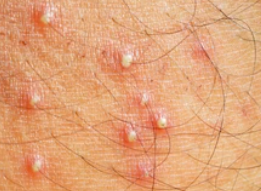 Folliculitis is a common skin condition that occurs when hair follicles become inflamed. Hair follicles are small pockets in the skin from which hair grows. Folliculitis can affect any part of the body with hair, including the scalp, face, neck, chest, back, buttocks, and legs. It often presents as red, pimple-like bumps or pustules that can be itchy or painful.
Folliculitis is a common skin condition that occurs when hair follicles become inflamed. Hair follicles are small pockets in the skin from which hair grows. Folliculitis can affect any part of the body with hair, including the scalp, face, neck, chest, back, buttocks, and legs. It often presents as red, pimple-like bumps or pustules that can be itchy or painful.
Causes: Folliculitis is typically caused by bacterial or fungal infections, with the most common culprit being the bacterium Staphylococcus aureus. Other potential causes include viruses, ingrown hairs, and certain skin conditions like acne.
Symptoms: Common symptoms of folliculitis include red, itchy or painful bumps at the hair follicles. These bumps can fill with pus and resemble pimples. In severe cases, folliculitis may cause larger, more painful boils.
Homeopathic Medicine
1.Hepar Sulphuris
Pain and Sensitivity: Very sensitive and painful skin. The affected areas are highly sensitive to touch, and even slight pressure or friction can cause pain and discomfort.
Suppuration: Folliculitis with the formation of pus. The lesions filled with yellow, offensive-smelling pus and tendency of abscess formation.
Itching: In addition to pain and sensitivity, itching is often a prominent symptom. The itching may be intense and can lead to a burning sensation.
Worse from Exposure to Cold: Symptoms tend to worsen in cold, damp weather or environments. The affected person is sensitive to cold air and may feel worse during cold, wet seasons.
Aggravation from Pressure: Pressure on the affected areas, even from clothing or touch, can worsen the discomfort.
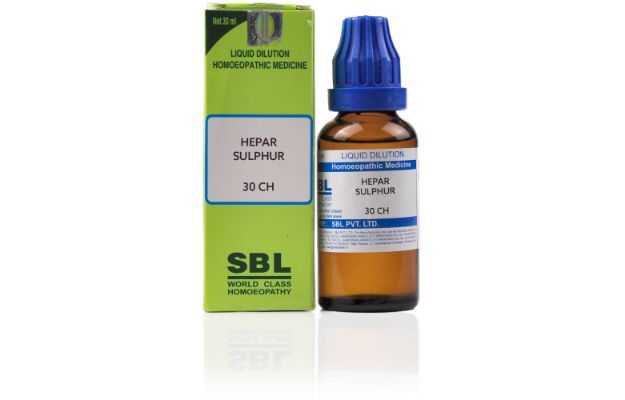
2. Silicea
Slow Healing: Folliculitis lesions are slow to heal, and tendency for the condition to become chronic.
Abscess Formation: Recurrent abscesses or boils, which can occur in some forms of folliculitis.
Pus Discharge: Folliculitis present with pustules or pimple-like bumps that discharge pus thick and yellow or condition involves painful, suppurating nodules.
Sensitivity to Cold: Exposure to cold air or cold applications can worsen their symptoms.
Nail or Hair Problems: Folliculitis affects the scalp or facial hair.
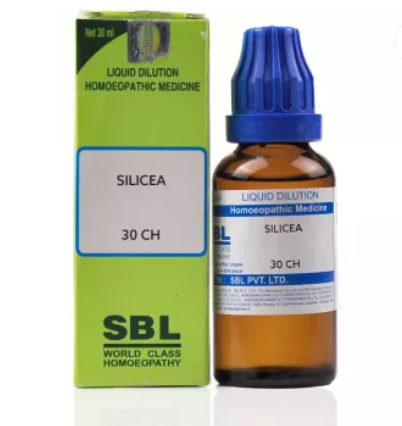
3.Calendula
Pain and Inflammation: Pain, tenderness, or inflammation around the affected follicles. It help to reduce the discomfort associated with folliculitis.
Wounds and Cuts: Calendula is well-known for its wound-healing properties. Hair follicles irritated or damaged, it may help in the healing process.
Infection: Calendula used for its antimicrobial properties, prevent or treat infection in skin conditions like folliculitis. Especially useful when there are signs of infection such as redness, warmth, and pus formation at the affected hair follicles.
Itching and Irritation: Itching or irritation associated with folliculitis.
Superficial Skin Lesions: Calendula indicated for superficial skin conditions, and folliculitis, which primarily affects the hair follicles near the skin’s surface.
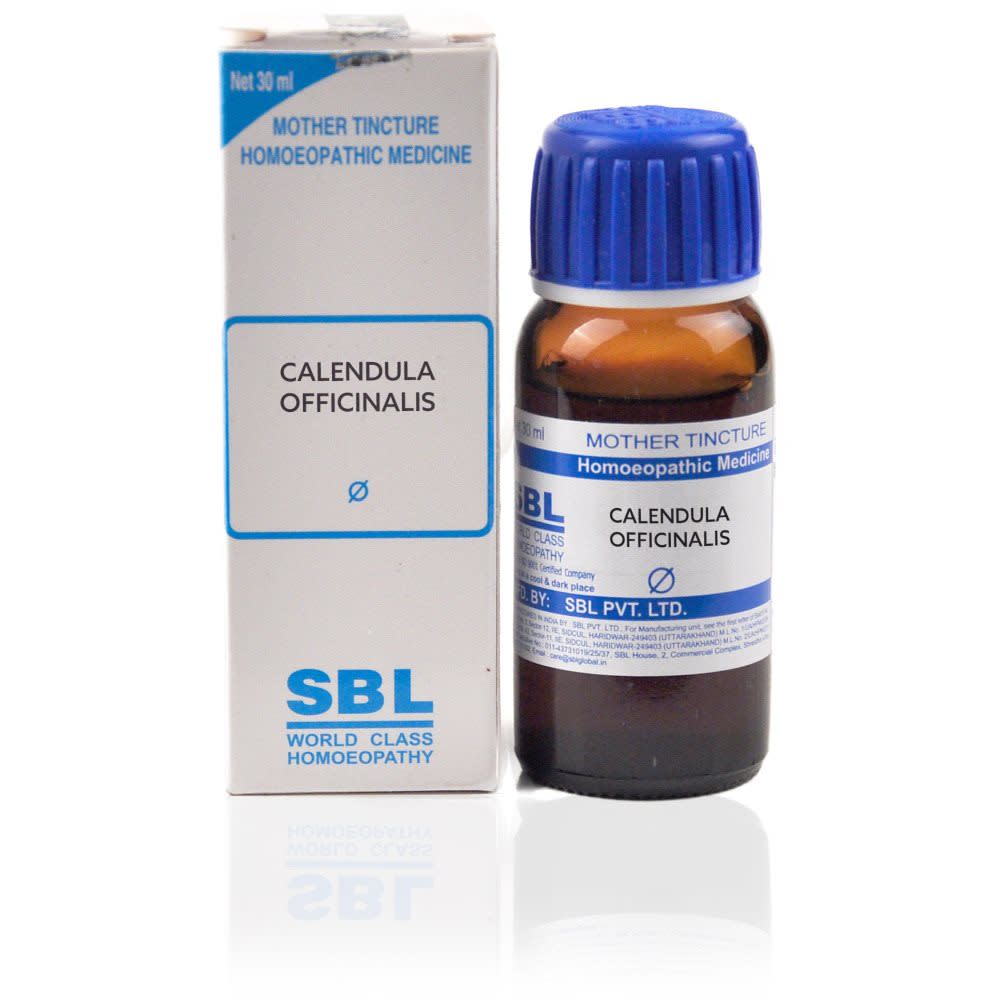
4. sulpher
Burning Sensation: Burning sensation in the affected skin. This burning can be intense and may be accompanied by heat or itching.
Itching: Itching is a common symptom in folliculitis, when the itching is particularly distressing and worsens with warmth, such as from heat or when the individual is in bed at night.
Redness: Skin around the affected hair follicles is red and inflamed.
Worsening with Heat: Symptoms that worsen in warm or hot conditions, or when covered by clothing.
Dryness: Skin conditions with dry, scaly, or crusty eruptions.

5. Graphites
Weeping Eruptions: Folliculitis or skin condition is characterized by oozing, sticky, honey-like discharge from the affected areas.
Cracked or Fissured Skin: Folliculitis is accompanied by skin that is dry, cracked, and fissured.
Sensitivity to Touch: Individuals with extreme sensitivity to touch, especially if the affected skin is sore to the touch.
Aggravation from Heat: Symptoms worsen with exposure to heat or warm surroundings.
Aggravation from Warm Applications: Folliculitis symptoms worsen when warm compresses or warm applications are used.
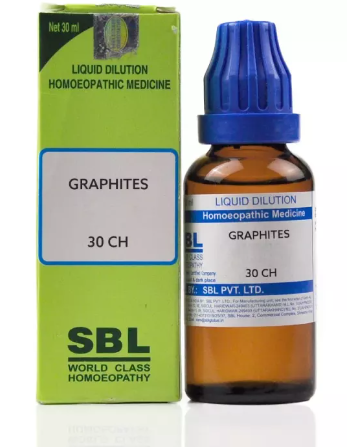
6. Mezereum
Intense Burning: Burning sensation in the affected areas. The burning sensation accompanied by pain.
Skin Crusts: Folliculitis associated with the formation of thick, honey-colored, or yellowish skin crusts.
Oozing and Pus Formation: In cases where there is a discharge of thick, yellow or greenish pus from the folliculitis lesions.
Itching: Itching is a prominent symptom, and scratching the affected areas worsens the condition.
Aggravation at Night: Symptoms that worsen at night, including the itching and burning.
Painful Cracks: Deep, painful cracks or fissures in the skin.
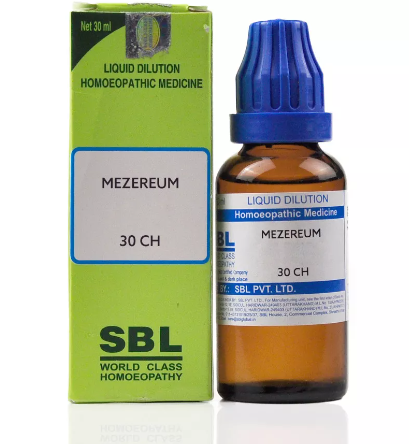
7. Rhus Tox
Redness and Swelling: Redness and swelling of the affected area. The skin appear inflamed and irritated.
Intense Itching: Itchiness is a key feature, and the itching may be severe and burning in nature. Scratching can lead to further aggravation.
Aggravation in Cold and Damp Weather: Folliculitis symptoms worsen in cold and damp conditions, and individual feel better in warmth or with the application of warm compresses.
Restlessness: Restlessness and a need to move or change positions to alleviate discomfort.
Throbbing Pain: Throbbing or pulsating pain in the affected area.
Eruptions or Blisters: Folliculitis presents as blisters or pustules on the skin.
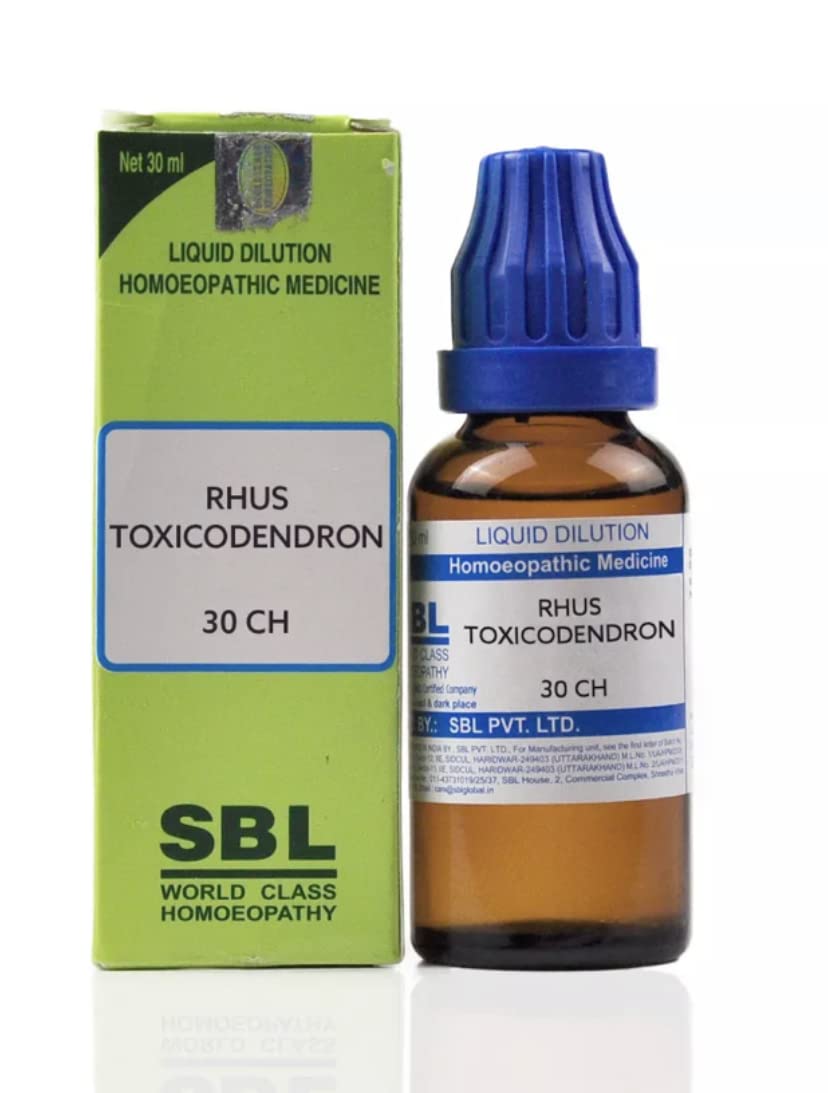
8. Arsenicum Album
Burning Sensation: Individuals experience burning sensation at the site of the inflamed hair follicles.
Restlessness: Experience restlessness and anxiety. Excessively worried or concerned about their health and well-being.
Desire for Warmth: Individuals tend to feel better with warmth. Folliculitis symptoms improve when applying heat or keeping the affected area warm.
Worsening at Night: Arsenicum album symptoms often worsen at night, which can include an increase in itching, burning, or restlessness.
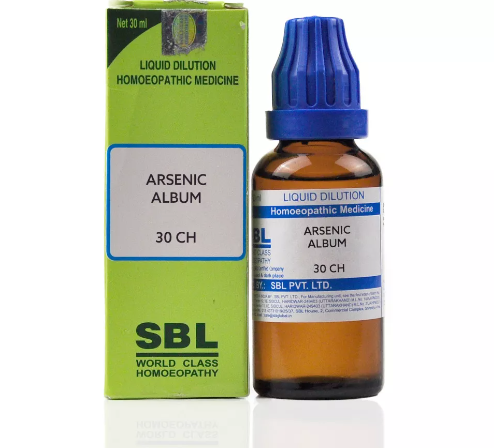
Medicine images use for reference only selection of homeopathic medicine depends on the individual’s specific symptoms and overall constitution. Moreover, homeopathy is a holistic system of medicine that treats the individual as a whole. In addition to addressing the physical symptoms, it takes into account the emotional and mental state of the person. Consequently, it’s crucial to consult with a qualified homeopathic practitioner for personalized treatment.
The information provided on this website is intended solely for educational purposes. Always seek the advice of your physician or other qualified health provider.

Pingback: Homeopathic Medicine for Obesity - HOMOEO HEALING